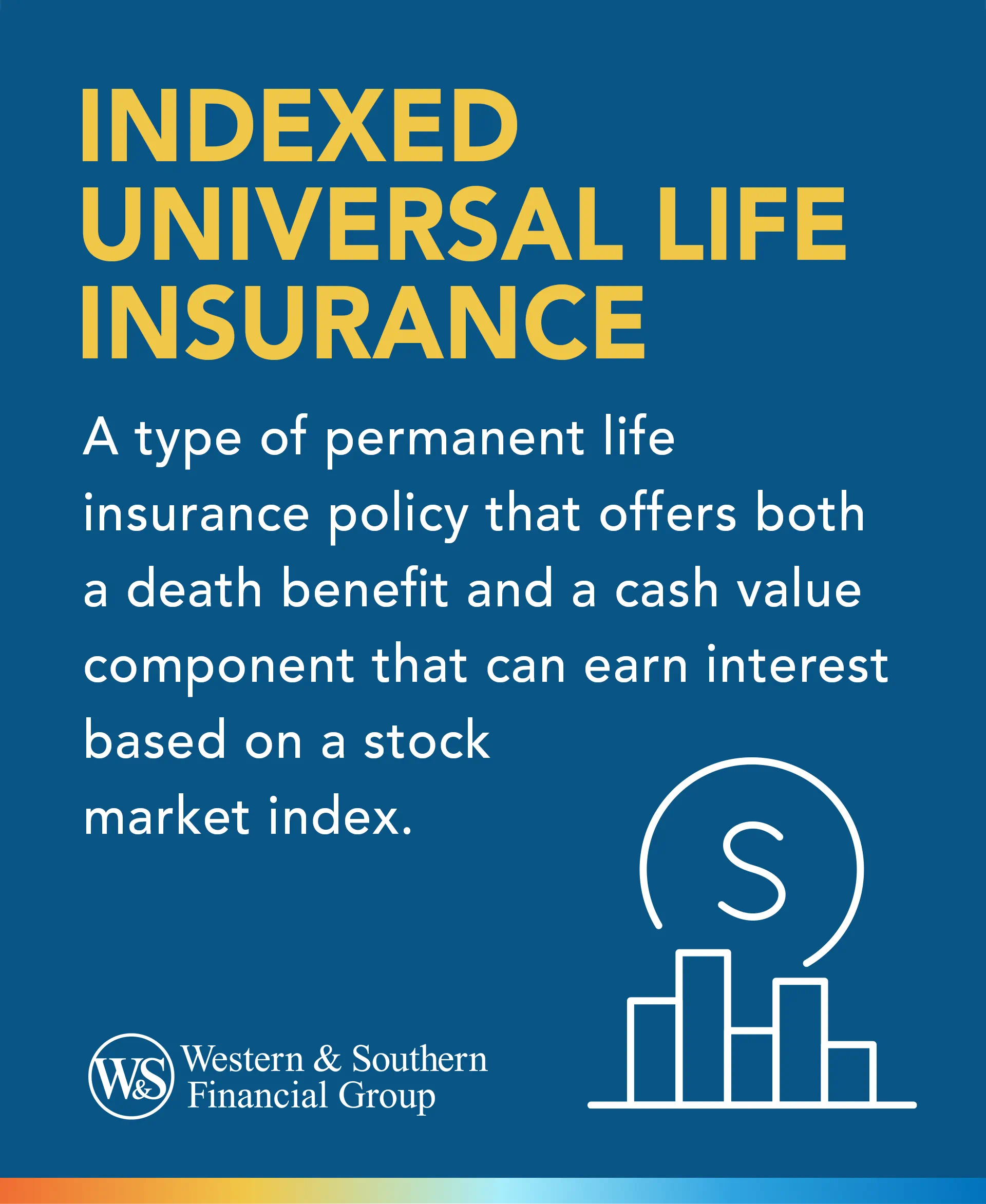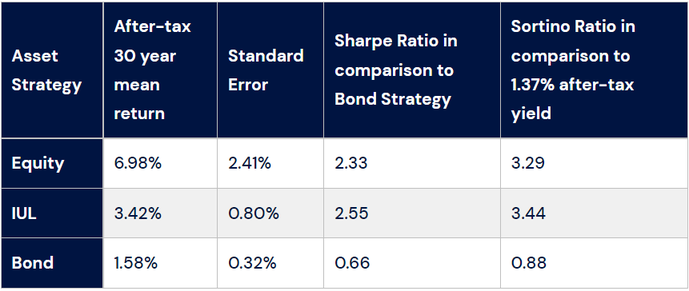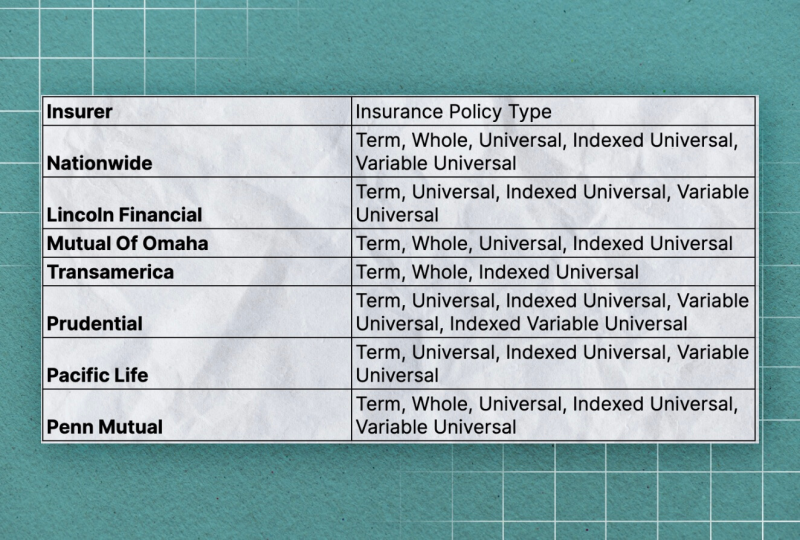All Categories
Featured
Table of Contents
1), typically in an attempt to beat their group averages. This is a straw male disagreement, and one IUL people like to make. Do they compare the IUL to something like the Lead Overall Stock Market Fund Admiral Show to no tons, an expenditure proportion (ER) of 5 basis points, a turnover ratio of 4.3%, and a remarkable tax-efficient document of distributions? No, they contrast it to some dreadful actively handled fund with an 8% lots, a 2% EMERGENCY ROOM, an 80% turn over ratio, and a terrible document of temporary resources gain distributions.
Common funds frequently make yearly taxed distributions to fund owners, even when the value of their fund has decreased in value. Common funds not only call for revenue reporting (and the resulting yearly tax) when the shared fund is increasing in worth, however can also enforce income tax obligations in a year when the fund has decreased in value.
You can tax-manage the fund, gathering losses and gains in order to reduce taxable circulations to the capitalists, however that isn't in some way going to change the reported return of the fund. The ownership of common funds might require the shared fund proprietor to pay estimated tax obligations (wrl index universal life insurance).

IULs are very easy to place to make sure that, at the owner's death, the beneficiary is exempt to either earnings or inheritance tax. The very same tax reduction methods do not function almost as well with mutual funds. There are many, usually expensive, tax obligation catches connected with the timed trading of shared fund shares, catches that do not use to indexed life insurance policy.
Possibilities aren't extremely high that you're mosting likely to go through the AMT due to your shared fund distributions if you aren't without them. The rest of this one is half-truths at finest. As an example, while it is true that there is no earnings tax because of your successors when they acquire the earnings of your IUL policy, it is additionally true that there is no revenue tax as a result of your beneficiaries when they inherit a shared fund in a taxed account from you.
Best Iul Provider
The federal estate tax exemption limit is over $10 Million for a pair, and expanding yearly with rising cost of living. It's a non-issue for the huge majority of medical professionals, much less the remainder of America. There are better methods to prevent estate tax problems than buying investments with low returns. Shared funds may trigger revenue tax of Social Safety and security benefits.

The development within the IUL is tax-deferred and may be taken as tax obligation cost-free income through fundings. The policy proprietor (vs. the shared fund manager) is in control of his or her reportable revenue, thus enabling them to decrease or also get rid of the taxation of their Social Protection benefits. This one is terrific.
Below's an additional very little problem. It holds true if you purchase a shared fund for say $10 per share simply before the circulation day, and it distributes a $0.50 distribution, you are then mosting likely to owe tax obligations (probably 7-10 cents per share) regardless of the truth that you have not yet had any gains.
In the end, it's really regarding the after-tax return, not just how much you pay in taxes. You are mosting likely to pay even more in taxes by using a taxable account than if you acquire life insurance coverage. Yet you're also probably going to have even more cash after paying those tax obligations. The record-keeping needs for having common funds are substantially a lot more intricate.
With an IUL, one's documents are maintained by the insurance policy firm, duplicates of yearly declarations are mailed to the proprietor, and distributions (if any type of) are amounted to and reported at year end. This is also kind of silly. Certainly you need to keep your tax documents in instance of an audit.
Using Iul For Retirement
All you have to do is shove the paper right into your tax obligation folder when it reveals up in the mail. Barely a factor to purchase life insurance policy. It resembles this individual has actually never ever spent in a taxed account or something. Mutual funds are frequently component of a decedent's probated estate.
Furthermore, they are subject to the hold-ups and expenses of probate. The proceeds of the IUL plan, on the various other hand, is always a non-probate circulation that passes outside of probate directly to one's called beneficiaries, and is as a result not subject to one's posthumous financial institutions, undesirable public disclosure, or comparable hold-ups and costs.
We covered this set under # 7, but simply to summarize, if you have a taxable common fund account, you need to put it in a revocable trust (or also much easier, make use of the Transfer on Death classification) to avoid probate. Medicaid incompetency and lifetime income. An IUL can supply their owners with a stream of earnings for their entire life time, regardless of the length of time they live.

This is helpful when organizing one's affairs, and converting possessions to earnings before a retirement home arrest. Common funds can not be transformed in a similar fashion, and are often taken into consideration countable Medicaid properties. This is an additional foolish one promoting that bad individuals (you understand, the ones that need Medicaid, a government program for the bad, to spend for their assisted living home) need to utilize IUL as opposed to shared funds.
Iul Life Insurance Policy
And life insurance coverage looks dreadful when contrasted relatively against a pension. Second, individuals who have money to buy IUL above and past their pension are going to have to be terrible at managing cash in order to ever before receive Medicaid to spend for their assisted living home costs.
Chronic and incurable ailment rider. All plans will allow an owner's very easy accessibility to cash from their policy, typically waiving any abandonment charges when such people suffer a significant illness, need at-home treatment, or come to be confined to a nursing home. Common funds do not give a similar waiver when contingent deferred sales charges still relate to a common fund account whose owner needs to offer some shares to money the expenses of such a keep.
Flexibility Of Universal Life
Yet you get to pay even more for that advantage (cyclist) with an insurance coverage. What a lot! Indexed global life insurance policy gives fatality benefits to the beneficiaries of the IUL owners, and neither the proprietor nor the beneficiary can ever shed money due to a down market. Shared funds supply no such guarantees or fatality advantages of any type of kind.
I absolutely do not require one after I reach monetary self-reliance. Do I desire one? On average, a purchaser of life insurance policy pays for the true expense of the life insurance advantage, plus the costs of the policy, plus the earnings of the insurance firm.
What Is A Guaranteed Universal Life Insurance Policy
I'm not totally certain why Mr. Morais threw in the entire "you can not lose cash" once more here as it was covered quite well in # 1. He simply desired to duplicate the finest marketing factor for these things I suppose. Once again, you do not lose small bucks, yet you can lose actual dollars, along with face significant possibility price due to reduced returns.

An indexed universal life insurance policy plan owner may exchange their policy for a totally various policy without setting off revenue tax obligations. A mutual fund proprietor can stagnate funds from one shared fund company to an additional without offering his shares at the former (thus causing a taxed occasion), and buying new shares at the latter, often based on sales fees at both.
While it holds true that you can exchange one insurance plan for an additional, the reason that individuals do this is that the first one is such a terrible policy that also after purchasing a new one and experiencing the early, negative return years, you'll still come out ahead. If they were offered the appropriate policy the initial time, they should not have any type of desire to ever before trade it and undergo the very early, unfavorable return years once more.
Latest Posts
Index Universal Life Vs 401k
7702 Iul
Universal Life Insurance Ratings